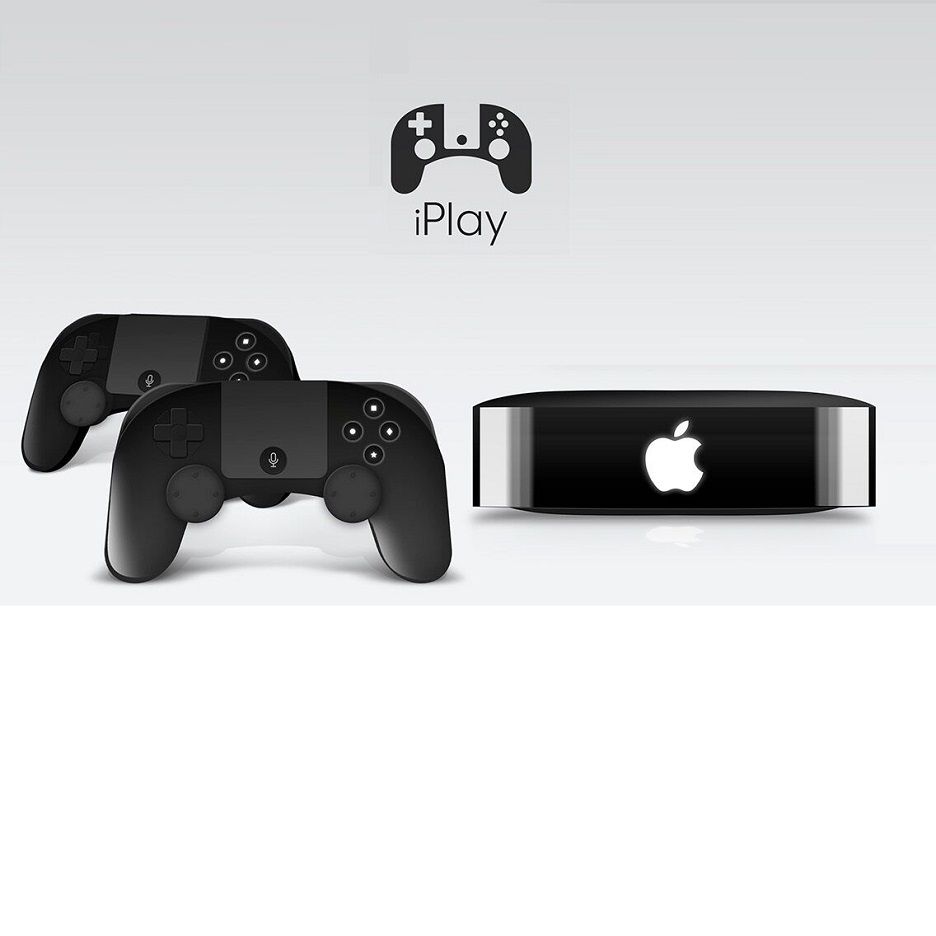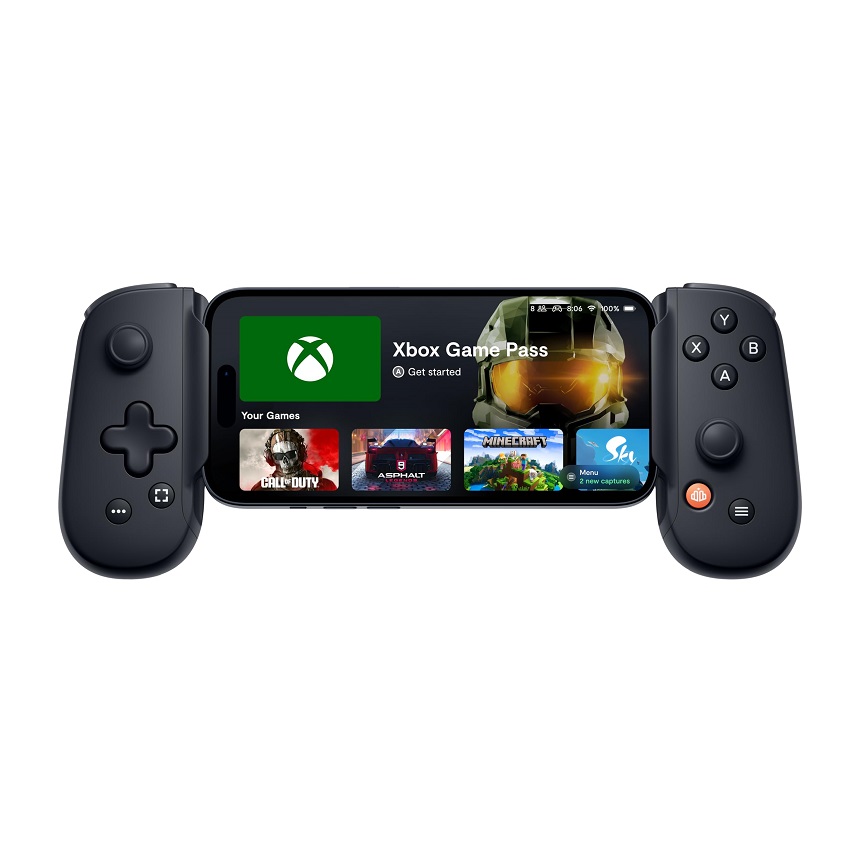The Current State of Apple Gaming
Apple’s foray into gaming has seen mixed success. Its platform, known for its rich app ecosystem and powerful hardware, has gone beyond casual mobile gaming with ambitious initiatives like Apple Arcade. However, the journey has not been without its challenges.
Apple Arcade and Its Shortcomings
Apple Arcade launched with fanfare, promising a transformative gaming experience. Yet, the subscription service, despite a library of exclusive titles and the absence of ads and in-app purchases, has not lived up to expectations. Apple Arcade’s reach is limited, with downloads in the thousands rather than millions, suggesting that a niche rather than mainstream audience has embraced it. Several factors contribute to its limitations, such as the suitability of cutting-edge games for touch controls and competition for attention on multifunctional devices.
Console-Quality Games on Apple Devices
Despite the setbacks with Apple Arcade, the pursuit of console-quality games on Apple devices continues. Hardware advancements, especially with the M-series chips, have elevated the performance of devices like iPhones, iPads, and Macs, making them more suitable for high-end gaming. Big names in gaming, like Kojima Productions and Ubisoft, have begun to feature their titles, such as ‘Death Stranding’ and ‘Assassin’s Creed,’ in the App Store, signaling a commitment to bring AAA games to Apple platforms. However, sales figures have yet to match the optimism—the billions of Apple users have not translated into the expected explosive sales figures for these games. This implies that dedicated gaming hardware might be necessary to take full advantage of these console-quality offerings on Apple devices.

Hardware Potential of Apple TV
The Apple TV harbors immense potential as a game console. Its hardware, now more than ever, is primed to support high-quality gaming experiences that can rival traditional consoles.
Utilizing the A15 Bionic Chip
The A15 Bionic chip, which powers the Apple TV, echoes its iPhone 13 cousin. This powerful chip already allows Apple TV to handle Apple Arcade games and specific console-quality titles. It’s a solid foundation, but there’s room to expand. Enhanced graphics and smoother gameplay could be unlocked, leveraging this chip’s capabilities further.
The Power of M-Series Chips for Gaming
The introduction of M-Series chips to the Apple ecosystem marks a game-changer for gaming potential. In desktops and laptops, these chips deliver heightened performance and efficiency, traits that could transform the Apple TV. Imagine a set-top box, powered by an M1 or even M3 chip, offering seamless, high-fidelity gaming experiences. The M-Series chips boast advances in GPU technology, enabling features like ray tracing that current consoles use to create immersive worlds. Transferring this power to the Apple TV would place it firmly in the game console race.
Software Enhancements
Although the hardware upgrades suggest a promising future for Apple TV as a game console, the software enhancements are just as vital to providing an optimal gaming experience. Apple has made significant strides in creating a more conducive environment for gameplay on its devices.
macOS Sonoma’s Game Mode
One of the standout software features is macOS Sonoma’s introduction of ‘Game Mode.’ This enhancement optimizes the device’s performance during gaming sessions. It allocates more system resources to the game, ensuring faster processing and improved graphics. The mode also improves Bluetooth connectivity with accessories like AirPods, lowering latency for an immersive audio experience. It’s clear that Game Mode positions macOS as a more serious platform for gaming, paving the way for these benefits to extend to the Apple TV experience.
iOS and iPadOS Upgrades for Gaming
Beyond the macOS, Apple has not overlooked its mobile operating systems. Anticipated updates in iOS and iPadOS 18 are set to escalate the gaming capabilities of iPhones and iPads. These upgrades are expected to carry over to Apple TV, further harmonizing the Apple gaming ecosystem. Enhanced performance modes on iOS and iPadOS could result in smoother, more responsive gaming experiences across all Apple devices. Building on this interconnectedness, the upcoming software improvements signify a robust foundation for supporting console-quality games. With these advancements, users can look forward to Apple TV embracing this next-gen gaming evolution with open arms.
Apple TV vs Traditional Consoles
The debate between Apple TV and traditional consoles spotlights Apple’s entry into the gaming world. Apple TV’s hardware, powered by the A15 Bionic and potentially M-Series chips, positions it close to the performance of dedicated consoles. However, traditional consoles boast specialized gaming ecosystems, often with decades of niche development.
Apple TV’s Unique Position in the Marketplace
Unlike traditional consoles, Apple TV excels as a multi-functional device. Its role as both an entertainment hub and a gaming platform offers a distinct advantage. Apple’s vast ecosystem allows for a seamless experience across devices, which traditional consoles can’t match. This convenience could be a game-changer in making Apple TV a formidable presence in living rooms.
Comparison With Xbox Play Anywhere and Game Pass
Apple Arcade shares similarities with Xbox Play Anywhere and Game Pass, notably the library of games and cross-device play. With Xbox Play Anywhere, purchasing a game once provides access on both Xbox and Windows PC. Apple Arcade operates on a similar principle, wherein subscribers have access to an array of games on any Apple device. However, Apple has yet to offer the ability to purchase a single game for play across all devices outside of the subscription service.
The Role of a Dedicated Apple Controller
As Apple ventures further into gaming, the role of a dedicated Apple game controller becomes more crucial. For players craving a console-like experience, a consistent, high-quality gaming controller is key.
The Demand for a Consistent Gaming Experience
Gamers expect a seamless and uniform experience across all gaming platforms. Currently, Apple supports controllers like the DualSense on its devices. Yet, to truly compete in the gaming arena, Apple could benefit from creating its own bespoke game controller. This move would ensure that games are played with a controller optimized for Apple’s ecosystem, thereby enhancing the gaming experience on its devices, including the Apple TV.
Lessons from the Apple Pippin
Reflecting on Apple’s past, we recall the Apple Pippin, a lesson in Apple’s history of gaming. The Pippin illustrated the challenges of entering the game console market. Though it was not a success, it did reveal Apple’s potential to innovate in this space. The experience from Pippin’s design could inform the development of a modern Apple game controller, combining Apple’s advancements in technology with a clear understanding of the gaming market’s needs. Creating a dedicated controller could signify Apple’s solid commitment to its vision of an apple game console.
Strategic Moves for Apple’s Success in Gaming
To carve out a significant presence in the gaming industry, Apple must make strategic moves. The transition of the Apple TV into a full-fledged gaming platform is pivotal. This requires deliberate steps that align with the evolving gaming landscape and the unique strengths of Apple’s ecosystem.
Apple TV’s Transition to a Gaming Platform
For Apple TV to thrive as a game console, it must transcend its identity as a streaming device. Enhancing hardware capabilities with advanced M-series chips would be a start. Apple must also ensure an extensive game library. This would involve adjusting the App Store’s approach to highlight gaming. Marketing efforts need to amplify the Apple TV’s gaming potential to both developers and consumers.
Developing or securing exclusive gaming content could make Apple TV more compelling. A dedicated gaming mode, building on macOS Sonoma’s ‘Game Mode,’ could also optimize the Apple TV for immersive play. Moreover, strengthening ties with iCloud for game saves and progress across devices could lead to a seamless gaming experience similar to traditional consoles.
Attracting AAA Game Developers
Success in the realm of gaming often hinges on the availability of top-tier games. Apple needs to attract AAA game developers to its platform. One approach is to provide developers with robust tools and incentives that make it easy to create or port games to the Apple TV. Speaking the developers’ language and offering monetary or marketing support can be effective strategies.
Apple should consider leveraging its branding to assure developers of a premium, curated gaming experience. It might also explore partnerships that lead to exclusive releases or features. Showcasing the Apple TV’s gaming prowess at high-profile tech events could stir interest and solidify its gaming credentials among industry leaders and gamers alike. With these focused efforts, Apple could redefine the Apple TV as more than just an accessory to its lineup, turning it into a central player in the gaming world.
Apple TV in the Living Room Ecosystem
Transforming the Apple TV into a powerful game console is not just about hardware and software; it’s about its fit in the broader living room ecosystem. Apple TV already functions as a central hub for entertainment, providing access to Apple TV+ content, streaming services, and more. By integrating high-quality gaming experiences, Apple can offer a comprehensive entertainment unit that caters to a wider audience.
Combining Entertainment and Gaming
One of Apple TV’s unique advantages is its ability to merge entertainment and gaming into one seamless experience. Imagine switching from watching your favorite TV series to jumping into a console-quality game without changing devices. This easy transition could make Apple TV a standout choice for families and individuals who value both forms of entertainment. Simplifying access to various media simplifies the user experience, making it more likely that the Apple TV could become the heart of the living room environment.
The Potential for a New Phase in Apple TV’s Evolution
The evolution of Apple TV into a game console represents a significant step forward. As an ‘apple game console,’ it would redefine its role in the market. Apple could leverage its ecosystem to offer unique features, such as integrating with HomeKit to create gaming ambiances or using Siri for voice-controlled gaming. This new phase in Apple TV’s development could drive Apple’s growth in the gaming sector, potentially capturing the attention of those who have not yet considered Apple as a gaming platform provider. From a broader perspective, it presents Apple with an opportunity to set new industry standards on what a home entertainment system can deliver.


